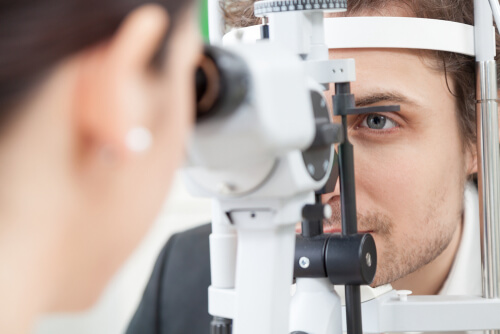
Hyperopia is the official term that medical professionals such as eye doctors use to refer to farsightedness. This is characterized by a normal proficiency when it comes to viewing objects that are far away but a perceived blurriness if they get too close. It’s worth noting that children who have moderate or mild hyperopia can generally offset the blurriness quite effectively through squinting due to the fact that their eyes are young and more adjustable.
There are many symptoms that might come along due to hyperopia. Headaches after reading are common. Eye strain, blurry vision, and fatigue could also occur. In fact, the symptoms aren’t restricted to reading. Other close-up tasks such as graphic design may similarly strain the eyes. During the early days of ophthalmology, some doctors didn’t know what led to hyperopia. Fortunately, modern medicine has now identified eight common causes of hyperopia.
1. Short eyeball
The shape of your eyeball is essential to clear vision. If your eyeball is shorter than average then you may have a hard time processing images that are close properly. Things that are further away may appear more focused since the light has more time and space to focus before reaching your retina. People with shorter eyeballs don’t receive light waves in the proper manner.
Usually, light is focused by the cornea onto the retina then processed by your brain. That’s how most people see. Those with short eyeballs, however, will find that the light actually focused behind their cornea rather than on it which will make the image quite blurry. While short eyeballs can’t focus images properly, it can still perceive pre-focused images which is why things that are far away can still look clear to those who suffer from hyperopia.


